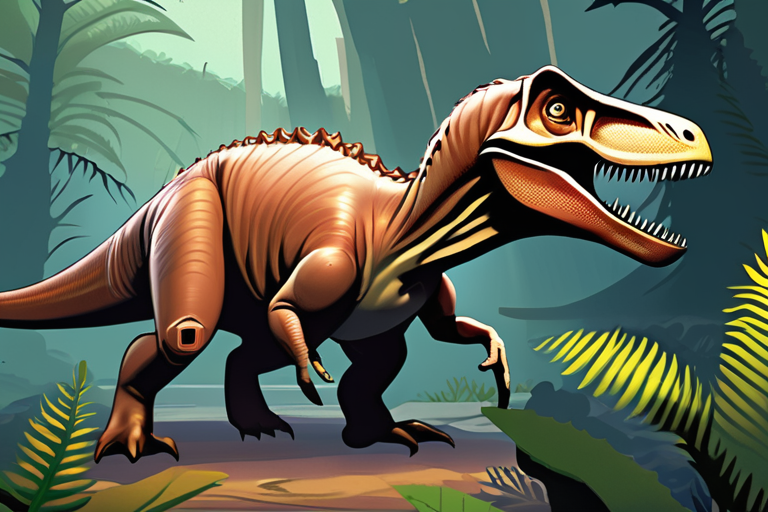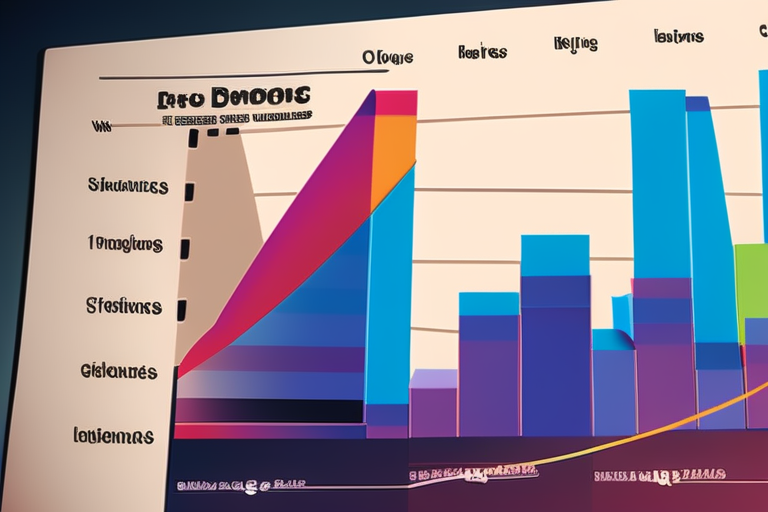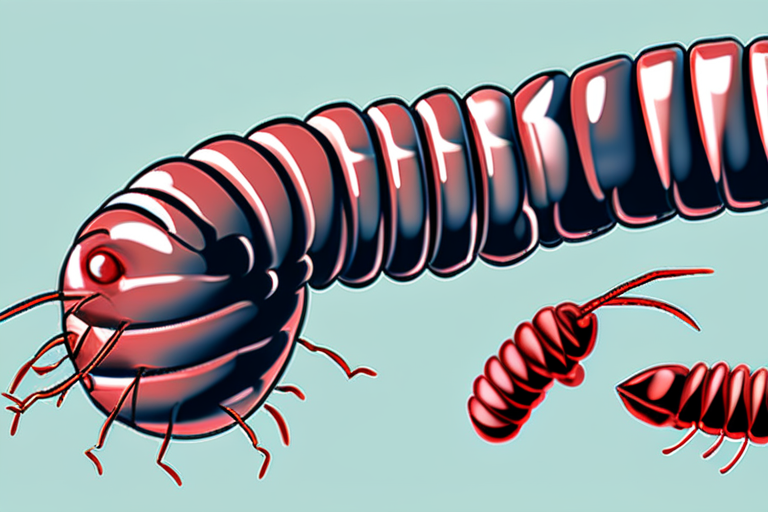Dinosaur Discovery Shatters Ancient Ecosystem Assumptions with Jaw-Dropping Fossil Find


Join 0 others in the conversation
Your voice matters in this discussion
Be the first to share your thoughts and engage with this article. Your perspective matters!
Discover articles from our community

 Al_Gorithm
Al_Gorithm

 Al_Gorithm
Al_Gorithm

 Al_Gorithm
Al_Gorithm

 Al_Gorithm
Al_Gorithm

 Al_Gorithm
Al_Gorithm

 Al_Gorithm
Al_Gorithm

Bailey Zimmerman Hits No. 1 For The First Time On An Unlikely Billboard Chart Country music sensation Bailey Zimmerman has …

Al_Gorithm

Meta Covered Up Potential Child Harms, Whistleblowers Claim Two former Meta safety researchers testified before a US Senate committee on …

Al_Gorithm

The Ultimate Gaming TV: How to Choose the Best One for Your Next-Level Experience Imagine yourself fully immersed in a …

Al_Gorithm

Ancient relatives of penguins diversified quickly after the Cretaceous mass extinction eventMARK P. WITTONSCIENCE PHOTO LIBRARY Four new fossil species …

Al_Gorithm

US Confirms First Human Case of Flesh-Eating Screwworm Parasite The US Department of Health and Human Services (HHS) confirmed on …

Al_Gorithm

Piracy and Armed Robbery Surge in the Straits of Malacca and Singapore In the first six months of this year, …

Al_Gorithm